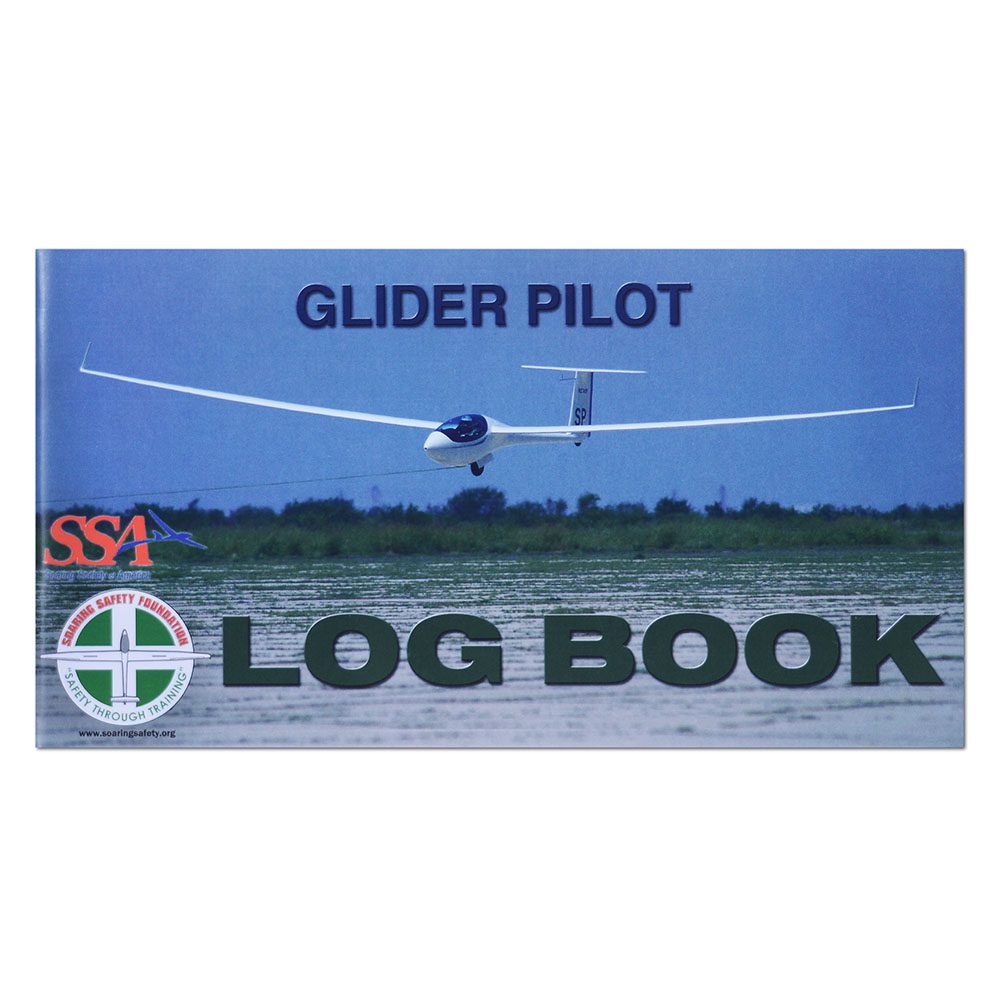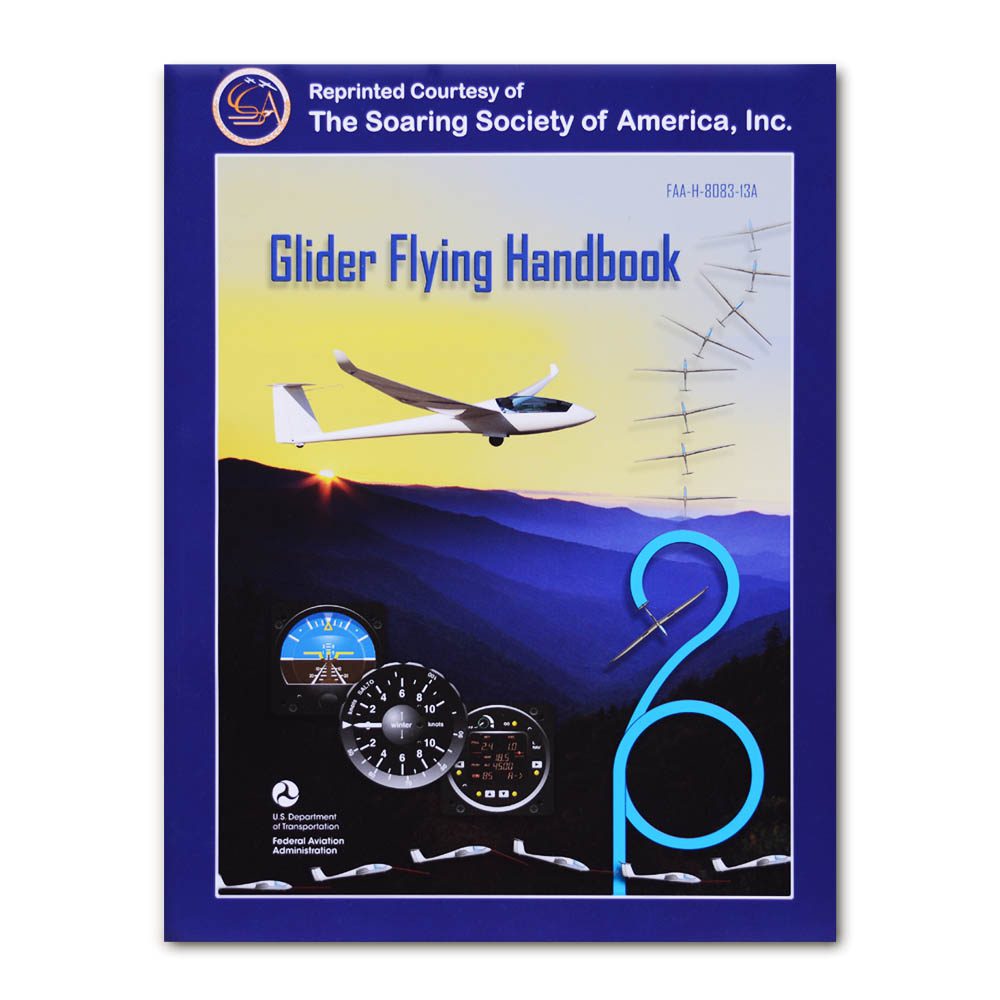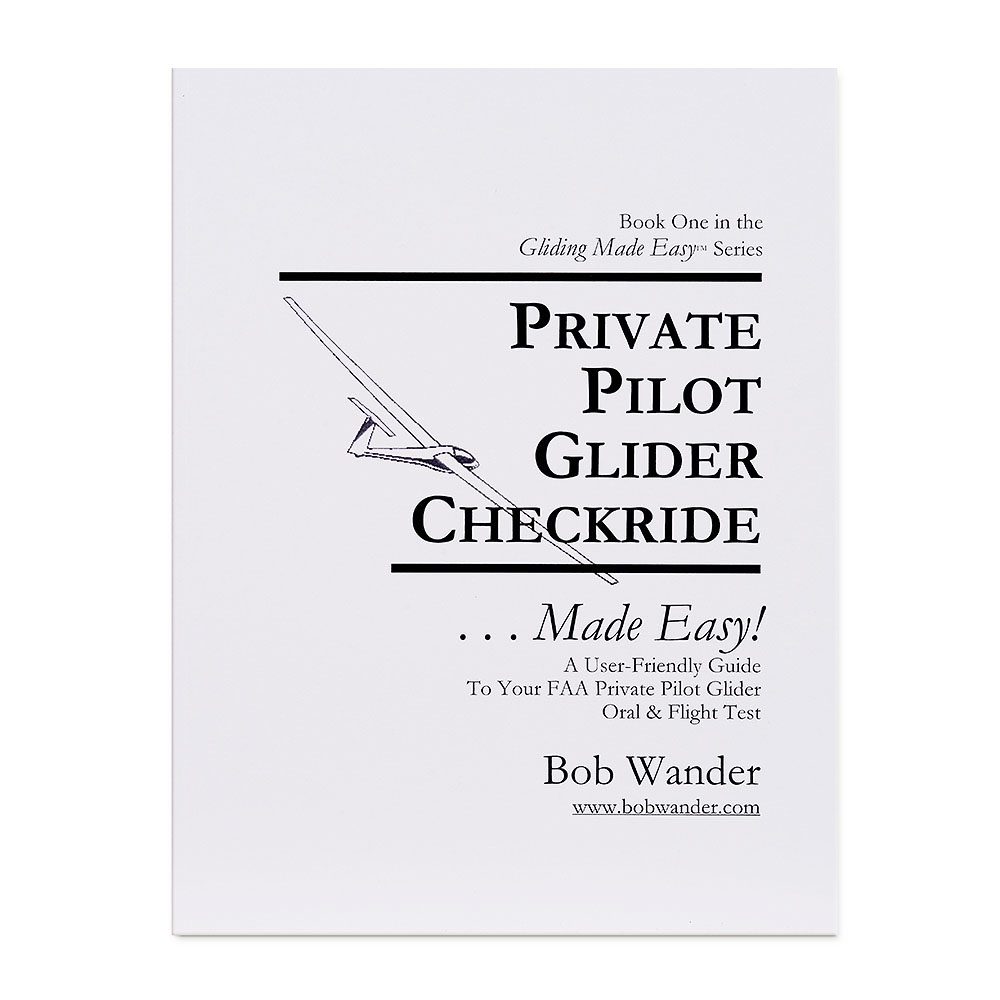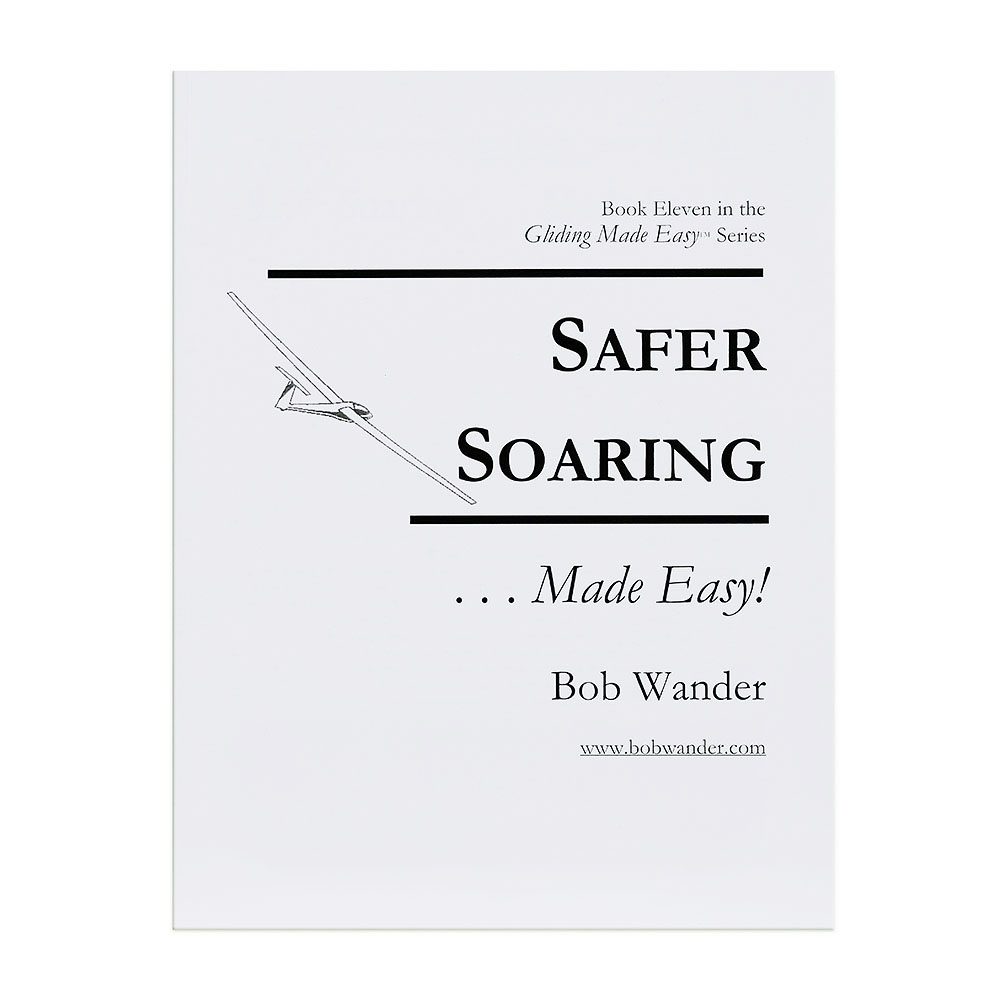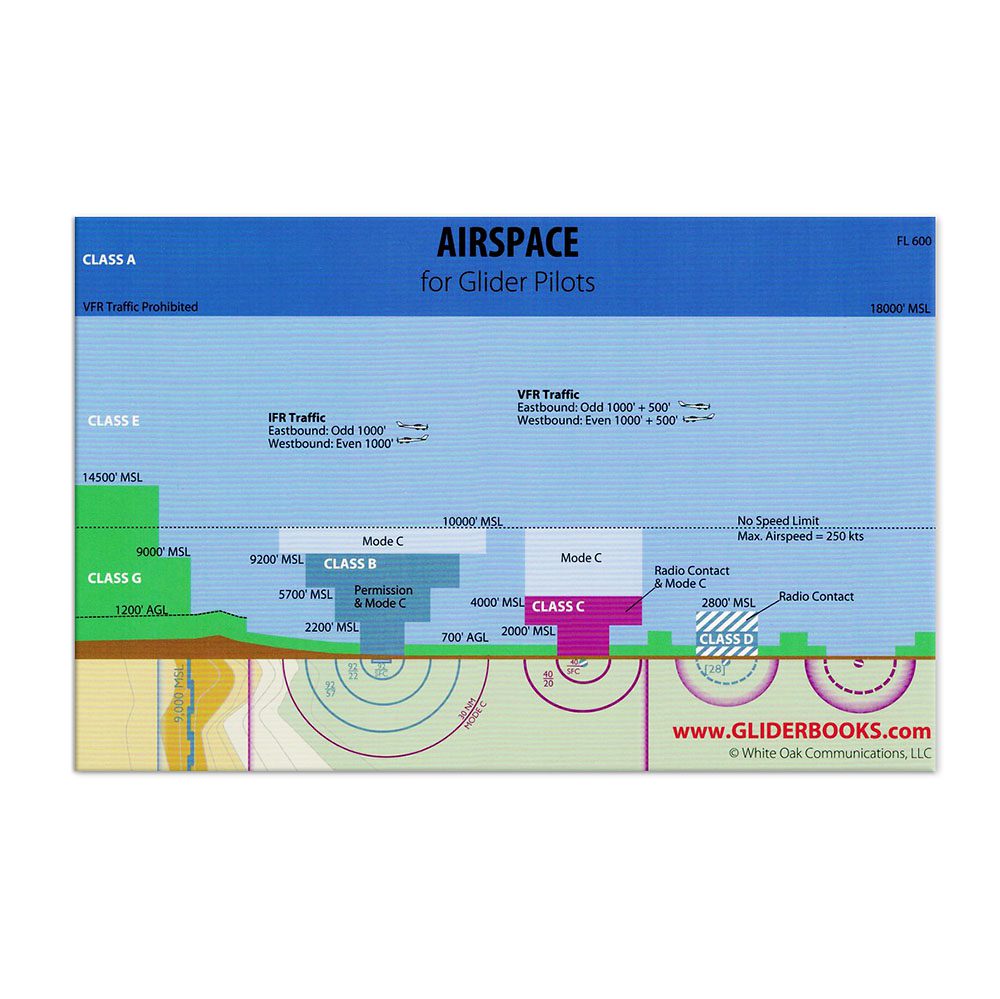Learn To Soar
Everything you Need to Know
Learning to fly a glider can be a life milestone. Your local Club or Comercial Soaring site is the place to start. Most operations have a variety of two-place sailplanes, and your training will be with a Federal Aviation Administration (FAA) certified flight instructor. To see more on the Learning To Fly Gliders page and soar to new heights. The Where To Fly Map is the easy way to locate your closest training center. Once you find your nearest soaring center, contact them to schedule your first flights.
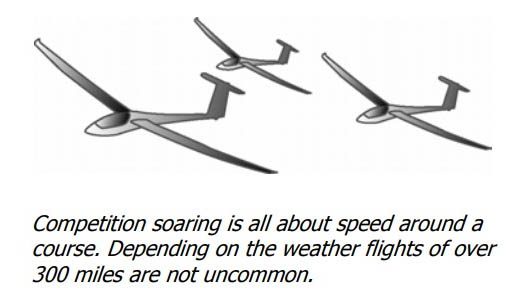
Yes! The sports national organization, the Soaring Society of America, sanctions both regional and national soaring competitions in the United States. A sailplane competition typically lasts five to ten days, with tasks set each day the weather is suitable. Each contest features flights from the home airport, around turnpoints, and back to the home field.
In poor weather, the course might be as little as 60 miles; in excellent weather it could be 350 miles or more. Competitive soaring is all about speed, with the fastest pilot around the course receiving the most points for the day. The contest winner is the pilot with the most points at the end of the event. Seconds count and on some days may make the difference between winning and losing. Regional competitions are held all across the country, typically lasting 5 to 7 days and involving 25 to 50 gliders in several competition classes. National Championships run for 10 days and usually include 50 to 65 competitors. A handful of pilots from the national level are selected to compete internationally at World Soaring Championships on United States teams.
Of course. Thankfully, and unlike hang-gliding or skiing for that matter, small injuries like broken wrists are unheard of. Many instances of major damage to gliders result in no injury to the pilot or passengers, furthermore. However, fatal accidents can occur, the incidence being less than a dozen per year in the USA out of tens of thousands of participants and hundreds of thousands of flights. The major cause is pilot error, followed by weather extremes. Mid-air collisions are rare, equipment failures are rarer still, and usually due to pilot preparation mistakes rather than structural weakness.
Altitudes are typically above 1,000 ft., that space being reserved for launch and landing.
Typical flight speeds are about 60 mph but can be as high as 160 mph and as low as 30 mph.
On average, they weigh 600 lb.
Sailplanes only take a few minutes to assemble. The following sequence shows a high performance sailplane being assembled. After the sailplane is assembled the pilot carefully checks over all the flight systems in what is referred to as a pre-flight check. The entire process from driving up to the airfield to being ready for launch can take only 30-45 minutes.

ALREADY A PILOT?
Top commercial and private pilots find the sport of soaring exhilarating. Watch our videos for great information on getting your Glider Add-On Rating for Military pilots and Commercial pilots. Joining the SSA for great benefits.




